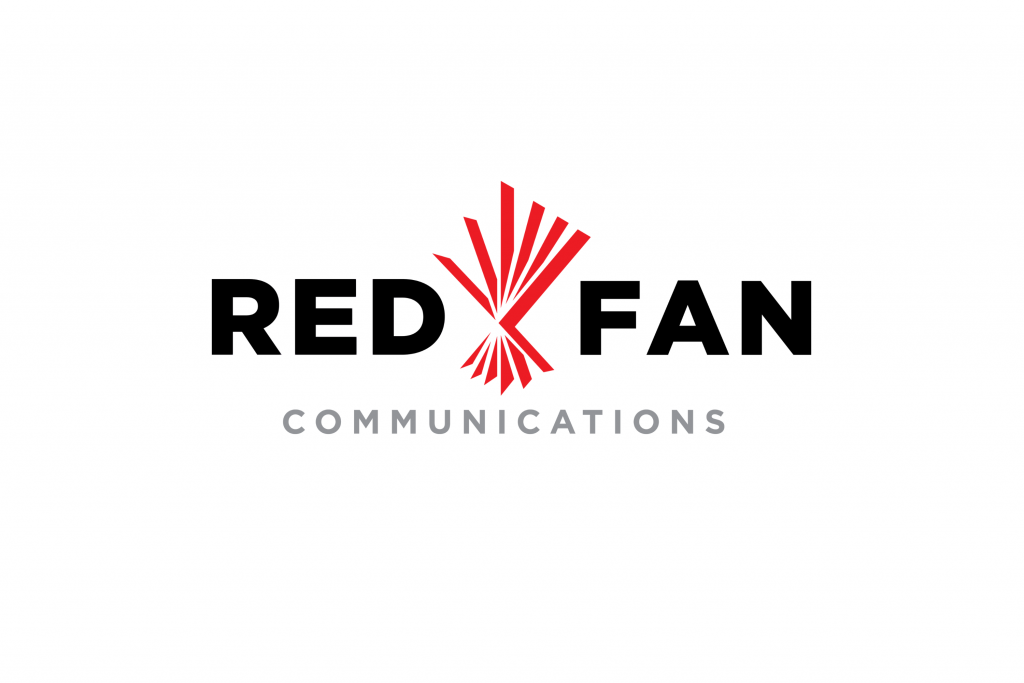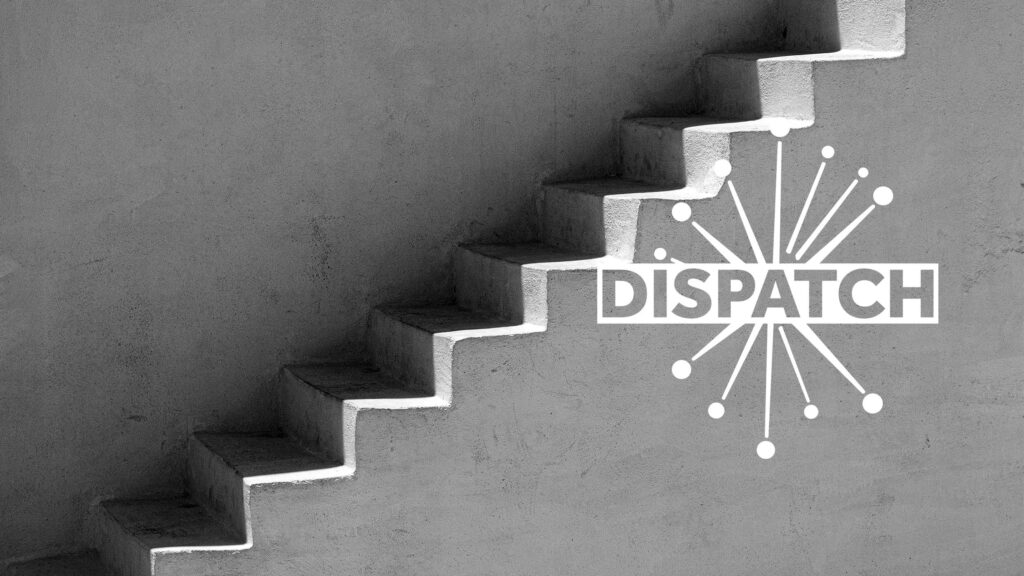How a local restaurateur became an advocate for mental health in the service industry
An apple a day keeps the doctor away. Brush and floss your teeth twice a day. Stay active. The list of ways to keep your body healthy feels infinite. But what about mental health care? Mental illness affects more than 450 million people worldwide and is more common than cancer, diabetes and heart disease. In fact, poor mental health impacts physical health and can lead to heart disease, high blood pressure, heart attacks and stroke.
With many of us still reeling from the pandemic, it’s more important than ever before to invest in workplace mental health benefits. It just makes good business sense. Deloitte found that 77 percent of employees surveyed had experienced burnout, leading to absenteeism that can cost companies up to $3,600 per year for hourly workers.
With increasing dialogue around the importance of mental health, major health insurers now include mental health benefits in standard employer-sponsored health plans. However, in industries that don’t typically offer health care, like the service industry, access to mental health benefits such as counseling is often limited and costly.
MENTAL HEALTH AND THE SERVICE INDUSTRY
Even before COVID-19 transformed dining as we know it, the service industry was facing a mental health crisis. In 2018, Oregon Health & Science University found that service workers who rely on tips are at a greater risk for depression, sleep problems and stress compared to employees in non-tipped positions. The prevalence of mental health problems is linked to the precarious nature of service work, including low and unpredictable wages, limited benefits and a lack of control over schedules. Tipped workers are also more likely to live closer to poverty than untipped workers.
On top of limited benefits, service workers are also expected to maintain a customer-first mentality, hiding anger and distress during hostile customer interactions.
BRINGING AFFORDABLE MENTAL HEALTH CARE TO THE SERVICE INDUSTRY
Red Fan client Sam Hellman-Mass, owner of Suerte and long-time chef, saw the mental health issues his colleagues faced and wanted to make mental health care more accessible, not only for his team but for the entire service industry in Austin. Members of the service industry face the same challenges as everyone—divorce, relationship issues, depression—but must tackle these issues in a high-stress environment with limited benefits. On Suerte’s first anniversary in March of 2019, Sam launched The Mike & Sherry Project, a therapy fund that works in partnership with Capital Area Counseling (CAC). The Project was named for husband and wife Mike and Sherry, who are staples in the Austin restaurant scene and treat staff like family. It piloted with a limited number of locally owned and operated bars and restaurants. CAC offered Project members counseling services at a flat $25 fee per appointment, $15 of which would be paid by the restaurant, and $10 of which would be paid by the employee. The Project raised funds to further reduce the cost of appointments should a worker not feel that they can meet the $10 fee. Red Fan was honored to take a seat on the Project’s board, helping guide the organization’s strategy and long-term vision.
In early 2020, the Project was supporting a steady number of appointments and gearing up for limited expansion. Then, COVID-19 came to the U.S. South by Southwest, one of the biggest events of the year for Austin’s service industry, was abruptly canceled. Across the country, the leisure and hospitality sector lost 7.7 million jobs in April 2020 alone. The Project immediately expanded, opening up its funds to any service industry employee in Austin, including those who lost their jobs. CAC worked with bar and restaurant staff to bring them in under a sliding scale fee, covering costs with funds from the Mike & Sherry Project wherever needed.
Eventually, after months of uncertainty, the jobs returned, but the work wasn’t the same. A report by One Fair Wage found that more than 80 percent of workers saw a decline in tips and over 40 percent said they’re facing an increase in sexual harassment from customers. In states like Texas that left mask enforcement up to businesses, front-of-house staff were forced to shoulder the burden of enforcement. Nearly 60 percent of those workers were reluctant to enforce social distancing and mask use with tipping customers. Through it all, The Mike & Sherry Project supported every member of the Austin service industry with reduced therapy costs. As an official charity partner of the Austin Marathon, the Project raised a total of $30,000 to support the mental health of Austin’s service industry workers.
Red Fan helped shepherd the Project from inception to success, driving organizational strategy while supporting marketing and PR efforts. The Project also partnered with The Butler Bros and Bentobox to create a visual and virtual identity. May is mental health month and we encourage our fellow business leaders to think outside the box and not only examine what you’re doing to support positive mental health in your company, but how to support positive mental health in your community as well.





